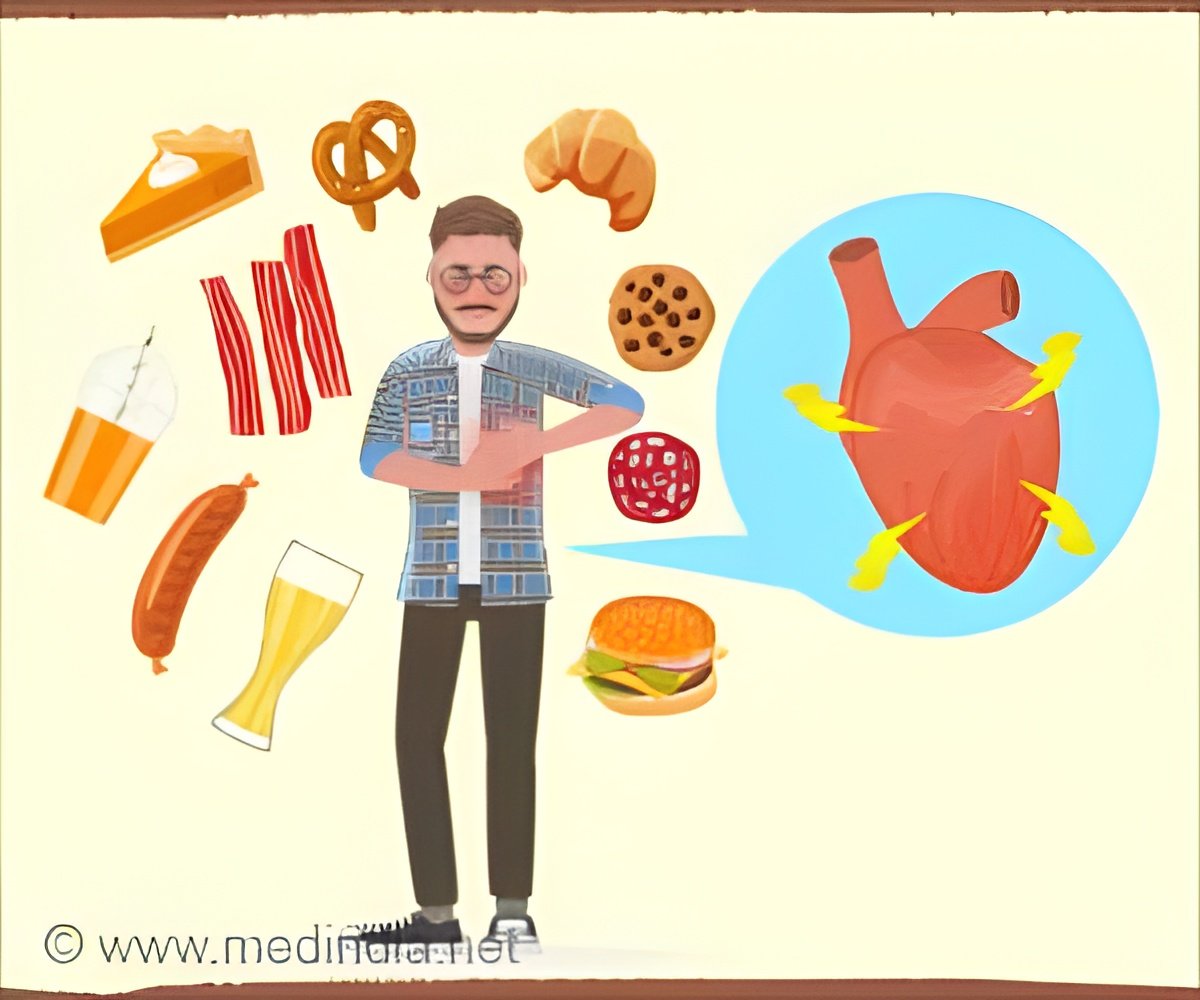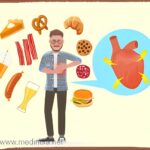-
 play_arrow
play_arrow
Radio Rehoboth
Ultra-Processed Foods Linked to Higher Risk of Cognitive Issues and Stroke



According to a new study published in the May 22, 2024, online issue of Neurology, the medical journal of the American Academy of Neurology, individuals who consume more ultra-processed foods, such as soft drinks, chips, and cookies, may face a higher risk of memory and thinking problems and stroke compared to those who consume fewer processed foods. The study highlights an association but does not establish a causal relationship between the consumption of ultra-processed foods and these health issues (1✔ ✔Trusted Source
Eating ultra-processed foods tied to cognitive decline
Go to source
).
Ultra-Processed Foods on Brain Health and Stroke Risk
Ultra-processed foods are rich in added sugar, fat, and salt but low in protein and fiber. Examples include soft drinks, salty and sugary snacks, ice cream, hamburgers, canned baked beans, ketchup, mayonnaise, packaged breads, and flavored cereals. In contrast, unprocessed or minimally processed foods encompass meats like basic cuts of beef, pork, and chicken, as well as vegetables and fruits.
“While a healthy diet is important in maintaining brain health among older adults, the most important dietary choices for your brain remain unclear,” said study author W. Taylor Kimberly, MD, PhD, of Massachusetts General Hospital in Boston. “We found that increased consumption of ultra-processed foods was associated with a higher risk of both stroke and cognitive impairment, and the association between ultra-processed foods and stroke was greater among Black participants.”
For the study, researchers looked at 30,239 people aged 45 or older who self-identified as Black or white. They followed an average of eleven years. Participants filled out questionnaires about what they ate and drank.
Researchers determined how much ultra-processed food people ate by calculating the grams per day and comparing it to the grams per day of other foods to create a percentage of their daily diet. That percentage was calculated into four groups, ranging from the least processed foods to the most processed foods.
Of the total participants, researchers looked at 14,175 participants for cognitive decline and 20,243 participants for stroke. Both groups had no history of cognitive impairment or stroke.
By the end of the study, 768 people were diagnosed with cognitive impairment and 1,108 people had a stroke.
Advertisement
For those in the cognitive group, people who developed memory and thinking problems consumed 25.8% of their diet in ultra-processed foods, compared to 24.6% for those who did not develop cognitive problems.
After adjusting for age, sex, high blood pressure and other factors that could affect risk of dementia, researchers found that a 10% increase in the amount of ultra-processed foods eaten was associated with a 16% higher risk of cognitive impairment.
Advertisement
They also found that eating more unprocessed or minimally processed foods was linked with a 12% lower risk of cognitive impairment.
For those in the stroke group, people who had a stroke during the study consumed 25.4% of their diet in ultra-processed foods, compared to 25.1% for those who did not have a stroke.
After adjustments, researchers found greater intake of ultra-processed foods was linked to an 8% increase in risk of stroke, while greater intake of unprocessed or minimally processed foods was linked to a 9% decreased risk of stroke.
The effect of ultra-processed food consumption on stroke risk was greater among Black participants, with a 15% relative increase in risk of stroke.
“Our findings show that the degree of food processing plays an important role in overall brain health,” Kimberly said. “More research is needed to confirm these results and to better understand which food or processing components contribute most to these effects.”
Reference:
- Eating ultra-processed foods tied to cognitive decline – (https://www.health.harvard.edu/mind-and-mood/eating-ultra-processed-foods-tied-to-cognitive-decline)
Source-Eurekalert
Go to Source:https://www.medindia.net/news/ultra-processed-foods-linked-to-higher-risk-of-cognitive-issues-and-stroke-215819-1.htm
Author:
Written by: RSS
Similar posts
Chart
Top popular

News Briefs 10/17/23
Board of Commissioners Workshop & Special Meeting – November 6

Six Sussex road projects considered in latest CTP
Knicks vs. Cavaliers prediction, odds, line, spread, time: 2023 NBA picks, Nov. 1 best bets from proven model
NFL Week 17 highlights: Packers, 49ers, Saints, Steelers win, Cardinals stun Eagles
Copyright 2023 East Sussex Public Broadcasting, Inc.





